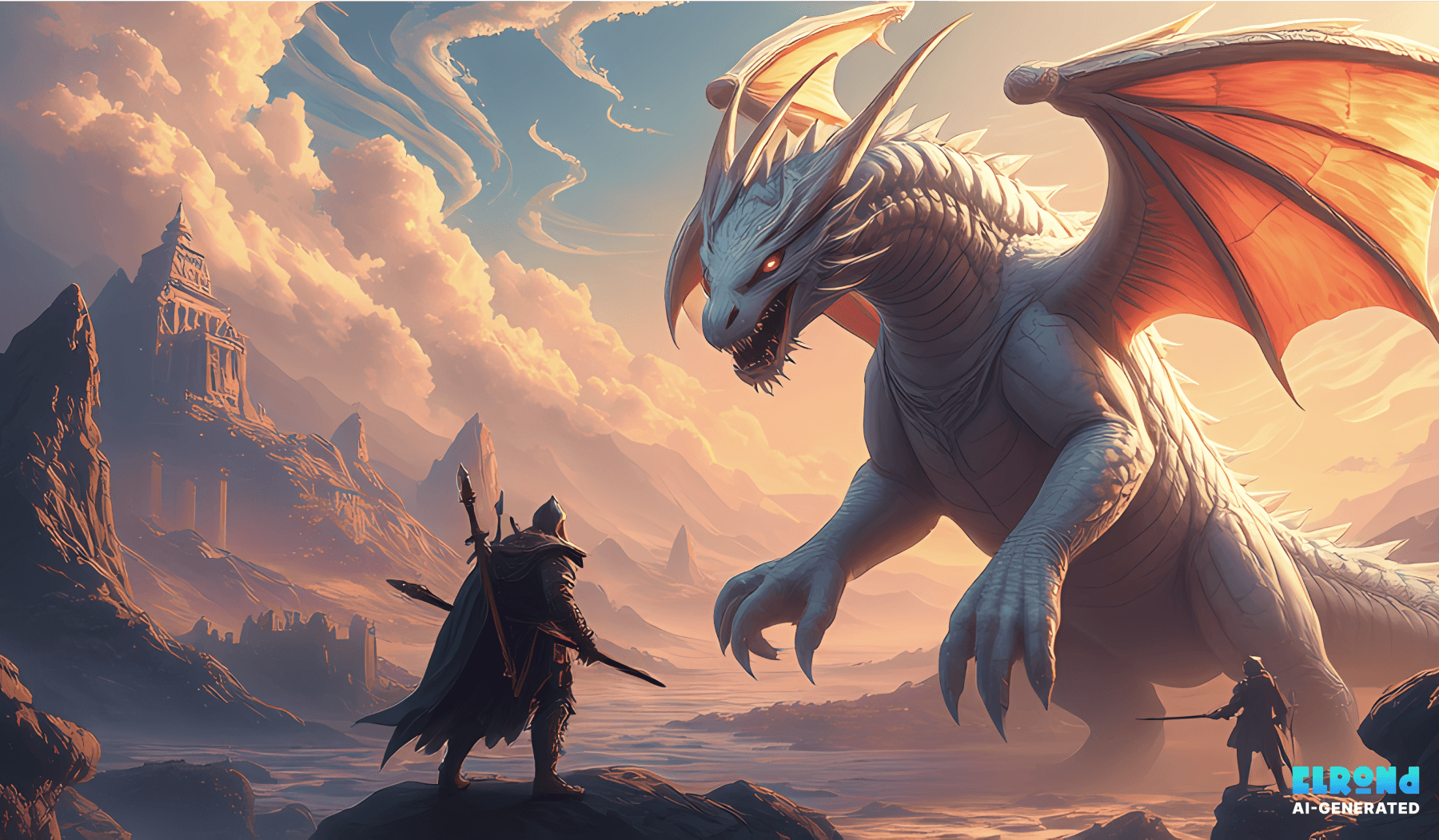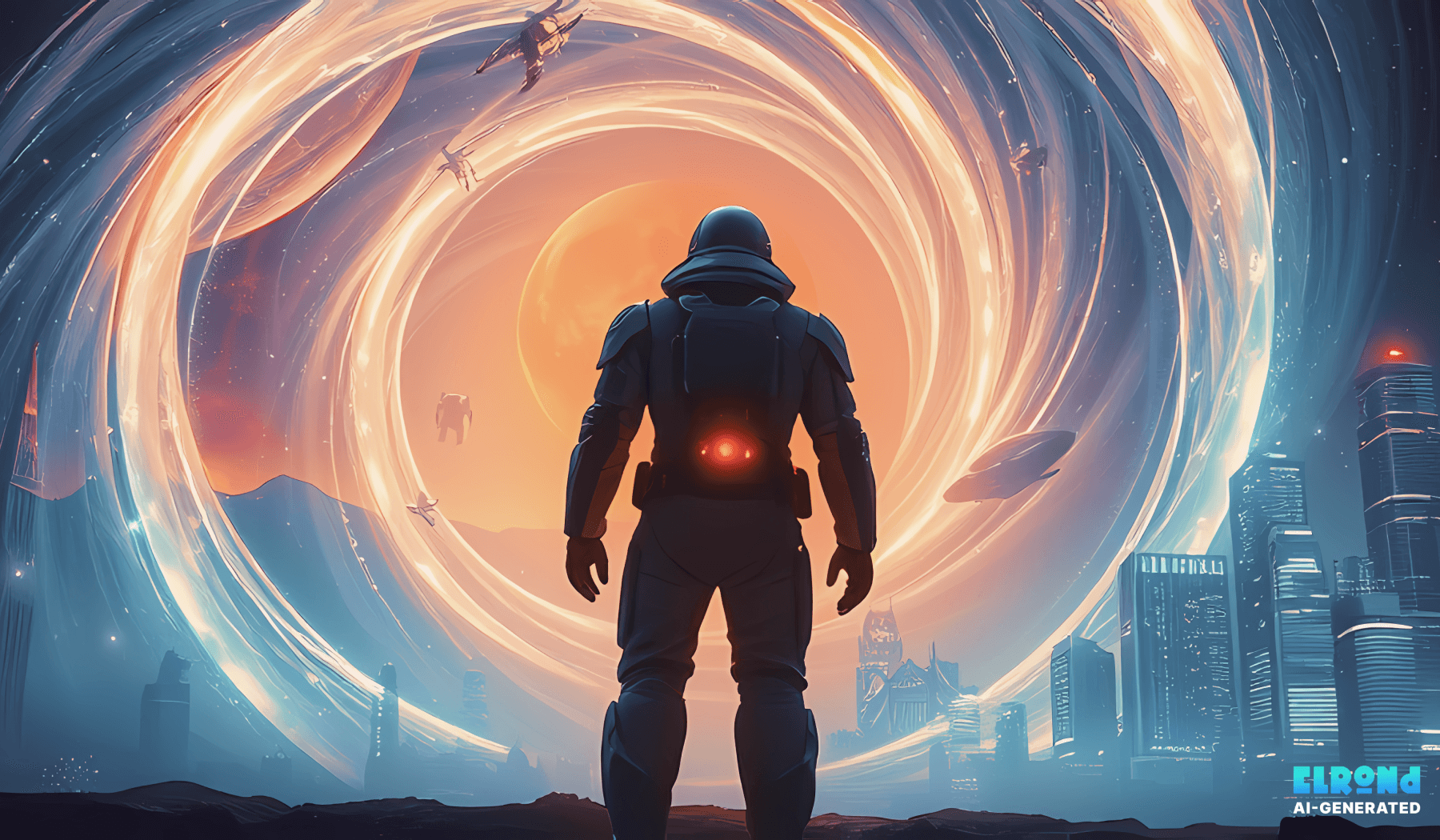Explore how ancient myths and legends have shaped the foundation of modern fantasy, influencing its gods, monsters, and epic tales.
The Roots of Modern Fantasy
Modern fantasy draws heavily from mythology, borrowing its archetypes, themes, and creatures to create immersive worlds. From Norse sagas to Greek epics, myths have provided timeless templates for storytelling.
“Mythology isn’t just the past of fantasy—it’s the soul that gives it depth.”
In works like J.R.R. Tolkien’s The Lord of the Rings or Rick Riordan’s Percy Jackson series, mythological influences are woven into every corner, from world-building to character arcs.
Gods and Pantheons: Divine Inspiration
The gods of mythology often inspire the powerful beings in fantasy, whether as protectors, tyrants, or distant overseers.
Examples of Mythological Influence in Fantasy Gods:
Greek Pantheon: Zeus’s power and hubris echo in many fantasy rulers, such as the Highfather in The Sandman.
Norse Mythology: Odin and Thor’s bravery and sacrifice shape warrior gods like Tyr in God of War.
Egyptian Deities: Complex, morally ambiguous figures like Anubis inspire gods who balance life and death, such as the Divines in The Elder Scrolls.
Modern fantasy often reimagines these deities, exploring their flaws, motivations, and relationships with mortals in greater depth.
Monsters and Beasts: Echoes of Fear
Mythological creatures—from the hydra to the kraken—continue to haunt fantasy tales, embodying humanity’s fears and dreams.
Iconic Mythological Monsters in Fantasy:
Dragons: Inspired by creatures from global myths, dragons symbolize greed, wisdom, or destruction.
Smaug in Tolkien’s work echoes the treasure-hoarding dragons of Norse sagas.
Chimeras and Hybrids: Mythical creatures like the minotaur inspire fantastical hybrids that guard labyrinths or challenge heroes.
The Undead: Legends of revenants and wraiths influence modern depictions of zombies and ghostly foes.
“Myths teach us that monsters are not just threats but reflections of our inner struggles.”
Epic Quests: Mythology in Plotlines
The hero’s journey, a cornerstone of modern fantasy, finds its origins in mythology. Tales like The Odyssey and The Epic of Gilgamesh provide blueprints for epic quests, where characters face trials, gain allies, and return transformed.
Elements of the Hero’s Journey in Modern Fantasy:
The Call to Adventure: A reluctant hero steps into the unknown (The Hobbit).
The Mentor: A wise figure guides the hero, like Merlin or Gandalf.
The Abyss: Facing ultimate despair, as seen in Harry Potter’s battle with Voldemort.
Themes That Endure
Fantasy uses mythology to explore timeless themes:
Power and Responsibility: The fall of mythological heroes inspires fantasy protagonists grappling with their choices.
Mortality and Immortality: Myths about eternal life, like Tithonus, shape stories of undead or immortal characters.
Humanity’s Relationship with Nature: Nature spirits and gods from myths often inspire eco-centric fantasy narratives.
From Myth to Modern Imagination
Writers like Neil Gaiman, Madeline Miller, and Brandon Sanderson reinterpret mythology to craft modern masterpieces. Gaiman’s American Gods reimagines old gods in a contemporary setting, while Miller’s Circe gives a fresh voice to a misunderstood mythological figure.
Fantasy continues to be a space where ancient myths are reexamined, reimagined, and given new life. These timeless stories remind us that the past is never far from the present, and that the power of myth endures in every epic tale.


